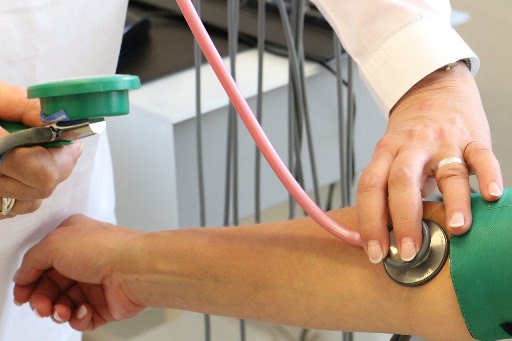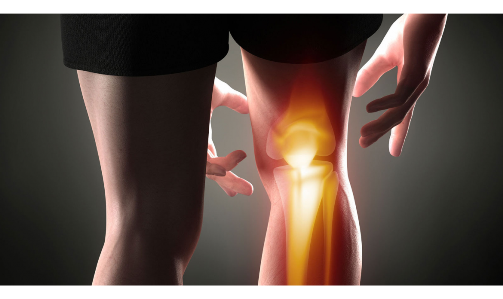24 years old Rahul, a patient of mine, came to me a few weeks ago. He looked very depressed. He told me, “Doctor, last week, for the first time I made out with an unknown stranger girl. We used protection, but, since yesterday I’m feeling so exhausted. I had fever and cold and with some ulcer in mouth as well there are some rashes on my legs. I talked about it with my friends and I searched on Google and I am worried if these are not the symptoms of some STD or HIV. Will I get HIV – AIDS. I am too scared and have not been able to sleep last 48 hours. Please help.”
Rahul obviously did use protection (condom) in his sexual escapade in this case. Which was the right thing to do. But he is still worried. This is routine in my practice, we as clinicians need to understand the sensitivity of people like Rahul and make them understand that he is worrying too much about it and that he is alright. Reassurance is what is required in all of such cases. I need to counsel them and explain him that HIV does not spread through touching, rubbing, kissing, sharing food, insect bites, toilet seats, etc. It can only be transmitted through five main ways, which are:
- unprotected sex
- from mother to child during pregnancy, childbirth or breastfeeding
- injecting drugs with a needle that has infected blood in it
- infected blood donations or organ transplants
- a healthcare worker who gets the blood of an infected patient inside their body.
There are millions of men and women who have similar exposure and worries. In search of answers to their apprehensions, they often gather wrong information from their friends, colleagues and internet, or fall prey to Quacks and waste their time, energy and money in getting themselves ‘treated’ for something from which they are not suffering at all.
The symptoms of HIV differ from person to person and in some cases people may not get any symptoms at all. In absence of treatment, the virus gets worsen over time and damage our immune system. There are three stages of HIV infection:
- Stage 1 : after initial infection, one can feel like having flu.
- Stage 2 : The condition may last for 10 years or so, with no more apparent symptoms.
- Stage 3 : In absence of treatment, the immune system gets so badly damaged that it can no longer fight off serious infections and diseases.
The earlier the HIV is diagnosed & treatment is started, the better are long-term health benefits.
HIV is a deadly disease & as an individual while getting into physical relationship one must take utmost precautions like, always using condom, sticking to a single partner, maintaining hygiene, etc. And, as medical professional, I reckon that it is our duty to demystify the myths about HIV and guide them properly to revive their self-confidence.
We, at Dr. Monga Ayurvedic Medi Clinics run an awareness programme named – Ex.A.C.T.LY which stands for the common phases that one experiences, viz., Exposure, Anxiety, Counselling and Tests. Any patient coming to us with an high risk Exposure will have “Anxiety” about being possibly infected with HIV or any other STD. He or she then has to be Counselled properly and given all correct answers to their apprehensions. Finally, if I suspect him or her to have really got in contact with HIV, I suggest relevant tests that they should undertake to determine if they are actually suffering from HIV or not. Normally, my patients would get their confidence back with my counselling sessions only, and some may need to be advised some relevant diagnostic tests based on their type and duration of exposure.
My advice to all my readers, especially youngsters, would be to take utmost care while getting involved with someone physically, take all the precautions to avoid acquiring Sexually Transmitted Diseases (STDs) or even HIV. And, then if you are apprehensive about having come in contact with HIV, do not seek answers from sources like, Google, myths, friends, colleagues, etc. Go to a qualified doctor or a sex educator. Do not randomly get your HIV tests done, rather take up a test only as suggested by the doctor. Be correctly informed and enjoy life.






























